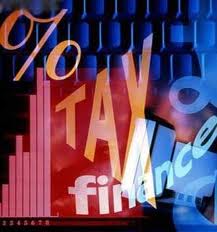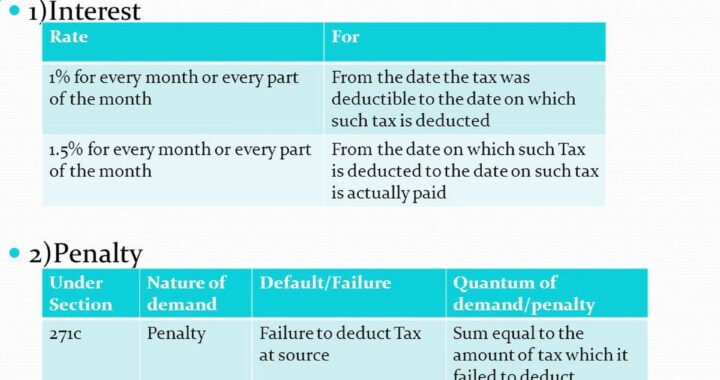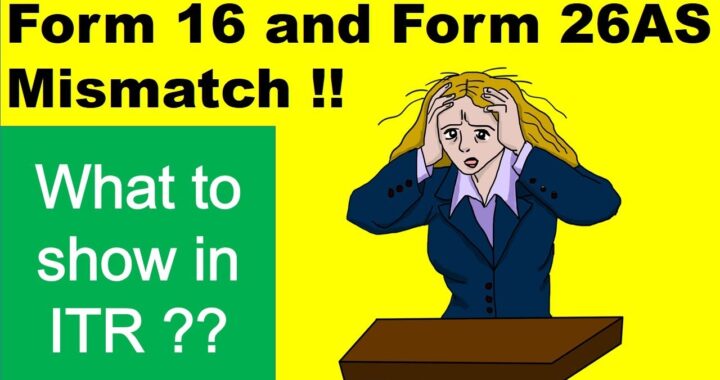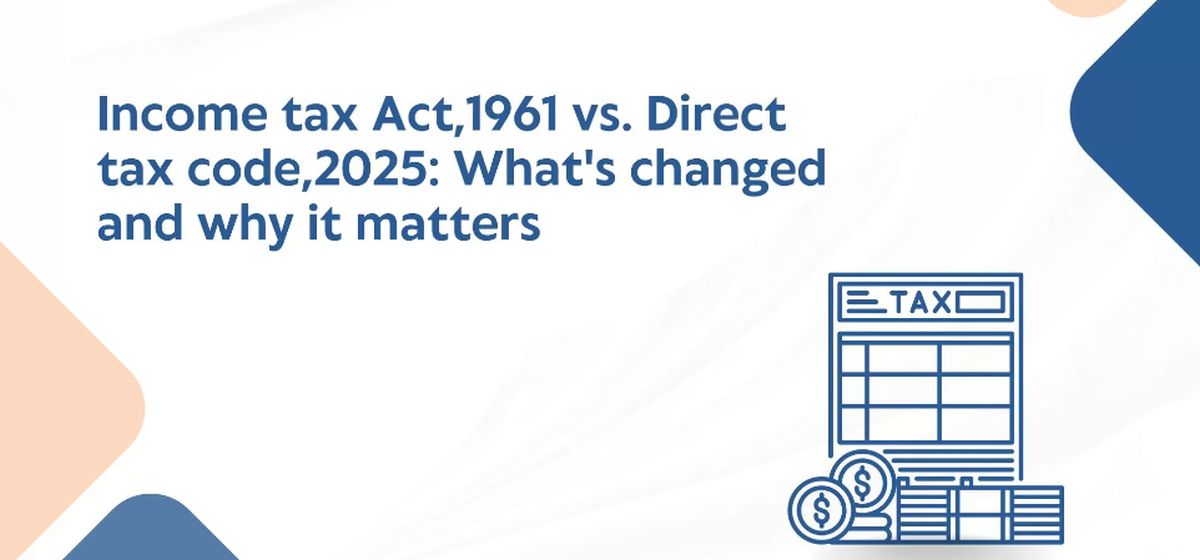Tax Treatment of Earnest Money Forfieted
When someone purchases or sells an immovable property, normally the purchaser gives an amount of earnest money before he makes the total payment.
It is normally a small percentage of the total consideration for the transaction, but at times it is higher than the cost price of the asset.
When is earnest money paid?
The payment is made to finalize the deal and the rules are simple. If the purchaser fails to pay the balance amount for completion of the sale transaction, the earnest money given to the vendor is forfeited. If the vendor changes his mind, he has to repay double the amount to the buyer. The purchaser also gets the liberty to sue him for specific performance of contract.
Earnest money of a failed contract:
Liquidated damages arising out of a failed contract are not categorically excluded from income tax. Hence these kinds of earnest money are taxable. As they are do not fall under lower tax rates, such as long term capital gains, they are taxed in the manner of any ordinary income. It goes on the income from other sources of an assessee.
Where the purchaser fails and/ or neglects to pay the balance amount and complete the transaction for which the earnest money is forfeited, the purchaser is not allowed to declare it as a capital loss.
One can claim tax benefit for this type of transactions if he was in the business of sale and purchase of the property. In such cases, the loss due to forfeiture is treated as a revenue loss.
In cases where the vendor fails to complete the transaction and has to pay double the amount as compensation to the purchaser, it is treated as capital gain as it is relinquishment of a right on the part of the purchaser.
The Commissioner of income Tax has held in a leading case that if any payment is made for the purpose of acquiring a commercial asset, the amount lost upon forfeiture is not to be treated as revenue loss though it may not have similar consequences for the recipient.
Earnest money of a completed contract:
Under usual circumstances, any amount received as an advance for any intended sale of an immovable property is a revenue receipt. It is taxed in the financial year in which it is received.
Tax treatment of earnest money of completed transactions:
According to Section 51 of the Income Tax Act, 1961, when the owner of an immovable property has received money by forfeiting any advance money for it, the amount is deducted from the consideration amount of the property. This is the price for which the property was acquired or the just and proper market value.


 Can an assessee pay House Rent to his parents and claim relief? Would there be any legal complications?
Can an assessee pay House Rent to his parents and claim relief? Would there be any legal complications?  Boost Your Business & Reduce Taxes: A Guide to Maximizing Benefits Under Section 80JJAA
Boost Your Business & Reduce Taxes: A Guide to Maximizing Benefits Under Section 80JJAA  What is remedy to taxpayer if the Tax deductor fails to deposit the TDS or fails to file TDS Return
What is remedy to taxpayer if the Tax deductor fails to deposit the TDS or fails to file TDS Return  What is Income Tax Liability on Income from trading in Future and Options
What is Income Tax Liability on Income from trading in Future and Options  The Importance of Filing Your Income Tax Return on Time: A Financial Must-Do
The Importance of Filing Your Income Tax Return on Time: A Financial Must-Do  Is Addition made by Assessing officer on basis of mismatch between AIR and F26AS Justified
Is Addition made by Assessing officer on basis of mismatch between AIR and F26AS Justified  Major Changes Expected in Direct Tax Code 2025 and why these matter
Major Changes Expected in Direct Tax Code 2025 and why these matter